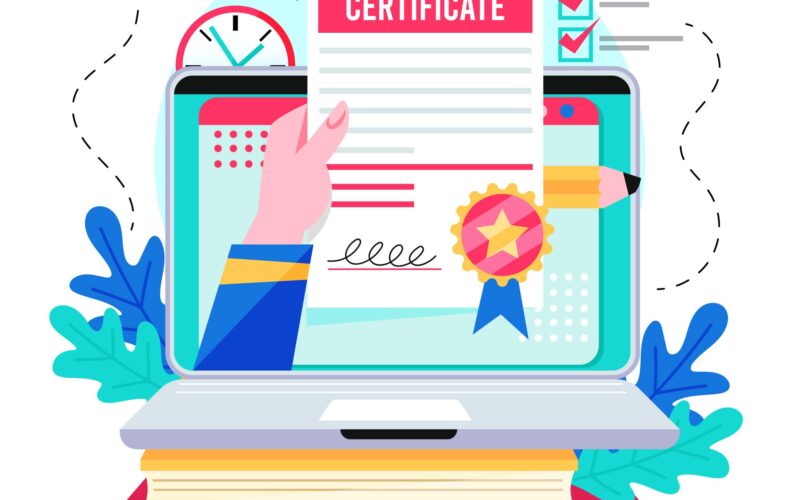In today’s interconnected world, language should never be a barrier to accessing education or career opportunities. Yet, for many individuals, the lack of proficient translation can pose significant challenges. This is where the power of diploma certified translation comes into play. In this article, we’ll explore how diploma certified translation can bridge linguistic gaps, open doors to global opportunities, and empower individuals to reach their academic and professional aspirations with confidence.
The Importance of Diploma Certified Translation
Breaking Language Barriers
Diploma certified translation ensures that educational credentials, such as diplomas, transcripts, and certificates, are accurately translated from one language to another. This process goes beyond mere word-for-word translation, as it involves the expertise of certified translators who understand the nuances of both languages and the specific terminology used in academic settings.
Validating Academic Achievements
One of the key benefits of diploma certified translation is its role in validating academic achievements on a global scale. Whether you’re applying for admission to a foreign university, seeking employment in another country, or pursuing professional licensure overseas, having your educational credentials translated and certified can significantly enhance your credibility and eligibility.
Building Trust and Credibility
In a competitive job market or academic environment, trust and credibility are paramount. Employers, academic institutions, and licensing bodies need assurance that the qualifications presented by applicants are legitimate and accurately represented. Diploma certified translation provides this assurance by offering a recognized standard of accuracy and authenticity.
How Diploma Certified Translation Works
Process Overview
Diploma certified translation typically involves several steps, beginning with the submission of the original documents to a certified translation service provider. These documents are then assigned to qualified translators who specialize in the relevant languages and academic fields. After translation, the documents are meticulously reviewed for accuracy and completeness before being certified and notarized, if required.
Quality Assurance
Quality assurance is a central component of diploma-certified translation. Translation agencies employ stringent quality control measures to ensure that translated documents adhere to industry standards and meet the specific requirements of clients and regulatory bodies. This may include proofreading, editing, and formatting to maintain consistency and clarity.
Conclusion
Lost in translation? Not anymore! Diploma-certified translation offers a reliable solution for individuals seeking to navigate the complexities of international education and employment. By providing accurate and validated translations of educational credentials, diploma certified translation empowers individuals to showcase their achievements on a global stage and pursue their academic and professional goals with confidence. So, whether you’re planning to study abroad, apply for a job overseas, or expand your professional horizons internationally, investing in diploma certified translation is a step in the right direction toward unlocking a world of opportunities.






